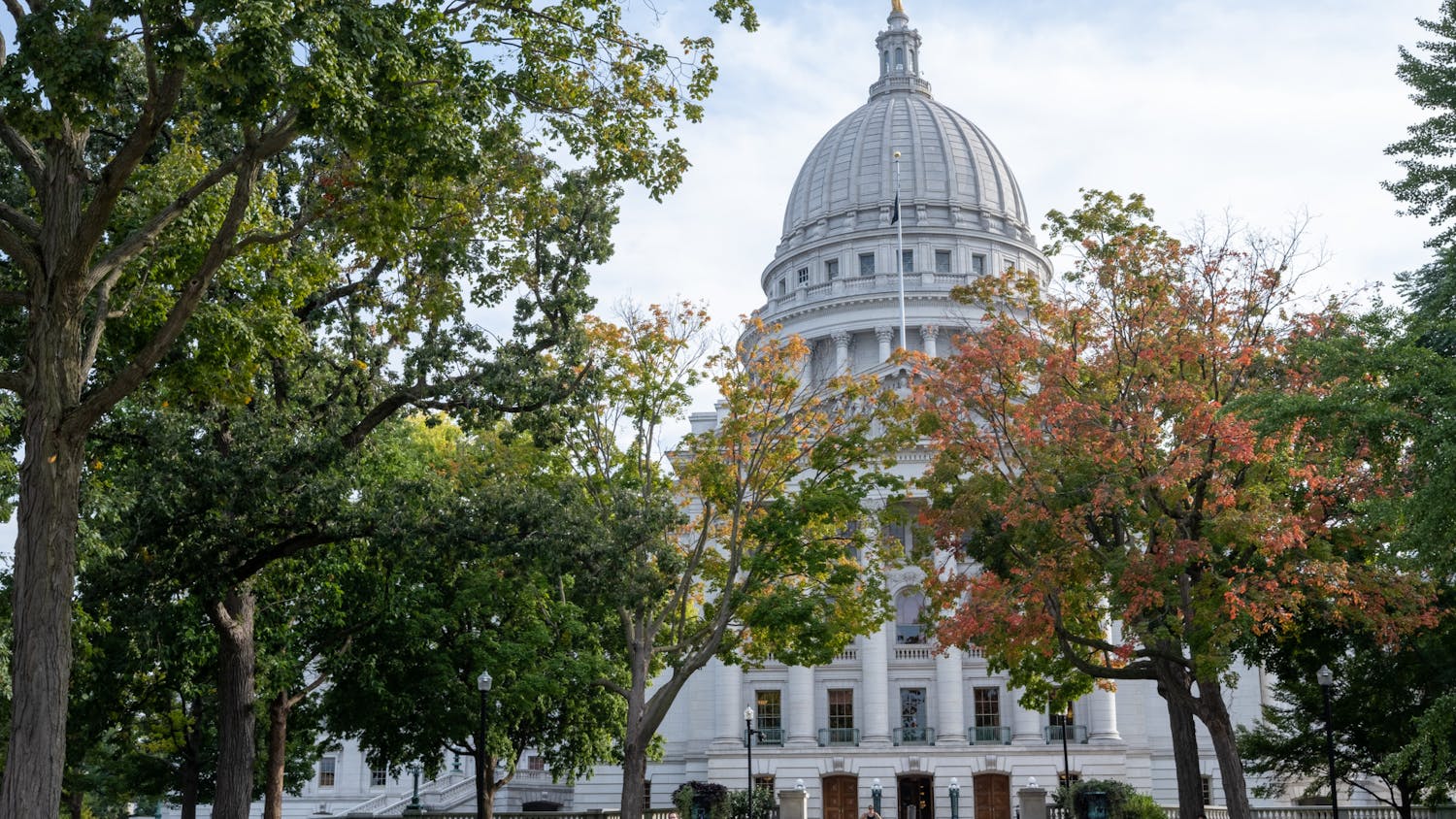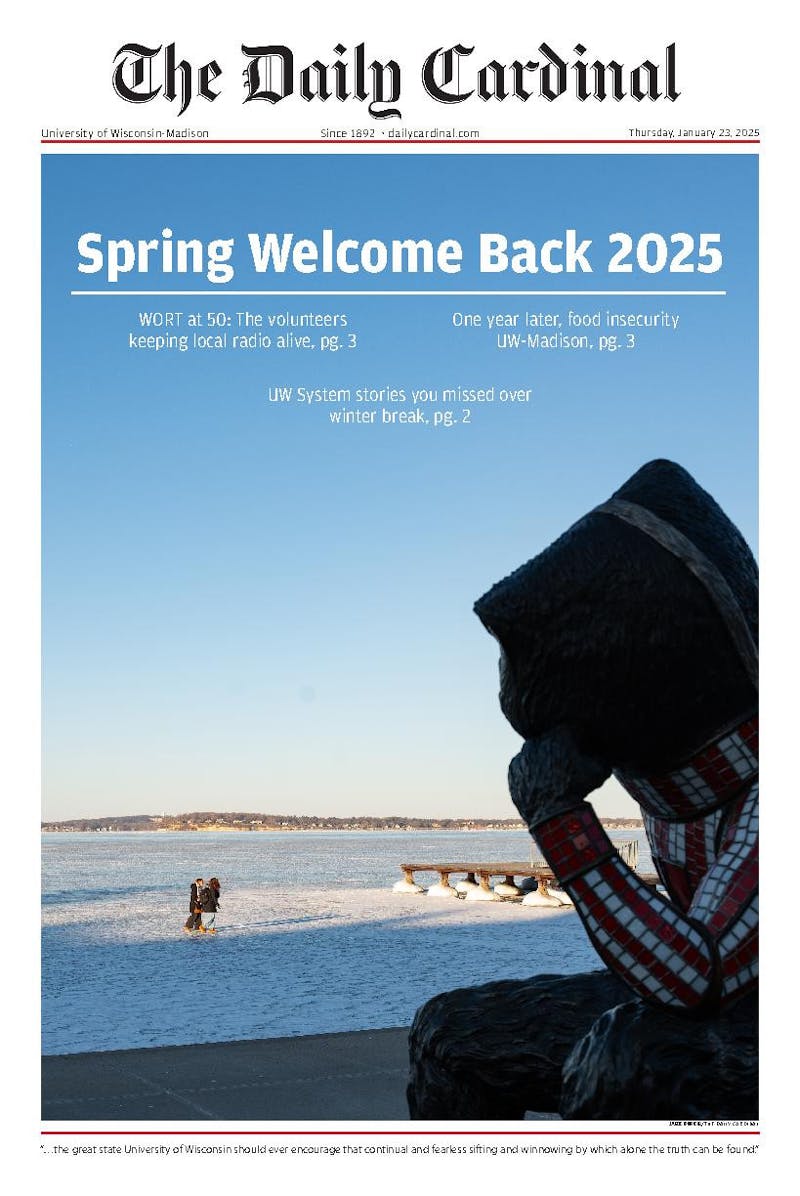Dairyland Power Cooperative, one of western Wisconsin’s largest energy providers, received $579 million from the Biden administration Sept. 5 to enhance wind and solar energy in rural Wisconsin.
This funding is part of the new Empowering Rural America (ERA) grant, which will provide around $9.7 billion to major rural electrification groups throughout the United States.
The award will enable the production of 1,020 megawatts of renewable energy and reduce pollution by approximately 3.3 million metric tons annually through eight total solar and wind projects across the four states the cooperative serves.
The ERA program is part of the 2022 Inflation Reduction Act and is a large initiative from the Biden-Harris administration’s plan to improve rural economies through the construction of clean energy and climate infrastructure. It’s the largest investment in rural electrification since President Franklin Delano Roosevelt signed the Rural Electrification Act into law in 1936.
New ERA will drive substantial carbon reduction across the Dairyland system, facilitate new economic growth and job creation, promote environmental stewardship and lower energy costs for rural and agricultural communities,” Dairyland Power Cooperative President and CEO Brent Ridge said in a statement. With this transition, Dairyland’s customers will see their electricity bills decrease by an estimated 42% over the next decade.
Dairyland Power Cooperative, headquartered in LaCrosse, Wisconsin, is made up of 24 distribution cooperatives and 27 municipal utilities across Wisconsin, Iowa, Illinois and Minnesota. The cooperative aims to diversify its energy sources — including wind, solar, natural gas, coal, hydro and biogas — to provide reliable energy to their customers.
The Dairyland Power Cooperative has already cut its coal production by 579 megawatts since 2014 and will continue to cut down their coal investments with this funding, according to a press release.
These projects aim to lower pollution and improve health for vulnerable populations, including children and people ages 65 and older, who are at high risk of respiratory and cardiovascular illnesses. Moving away from fossil fuel energy also aids in mitigating climate change stressors, like extreme weather and heat.
The Clean Energy Community Initiative, a collaboration with the University of Wisconsin-Madison College of Engineering, Department of Life Science Communication and the Nelson Institute for Environmental Studies, assisted Dairyland through the grant proposal process, focusing on community engagement, energy justice and job development. The initiative champions community engagement to accelerate the clean energy transition in Wisconsin.
“We have created a partner network to support such large-scale clean-energy projects to aid in an equitable execution along community priorities and needs, and to leverage the projects for sustainable community benefits through career perspectives and the advantages of technology innovation,” Oliver Schmitz, director of the Grainger Institute for Engineering at UW-Madison, said in a statement.
The Clean Energy Community Initiative will continue supporting Dairyland through establishing a farmer benefit and union engagement plan to facilitate engagement between the community and different stakeholders.
“Renewable energy is the path forward. It immediately improves lives through cleaner air and more affordable bills, bringing prosperity and better health to rural Wisconsinites,” Abby Novinska-Lois, the executive director of Healthy Climate Wisconsin, said in a statement.






